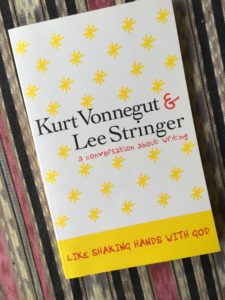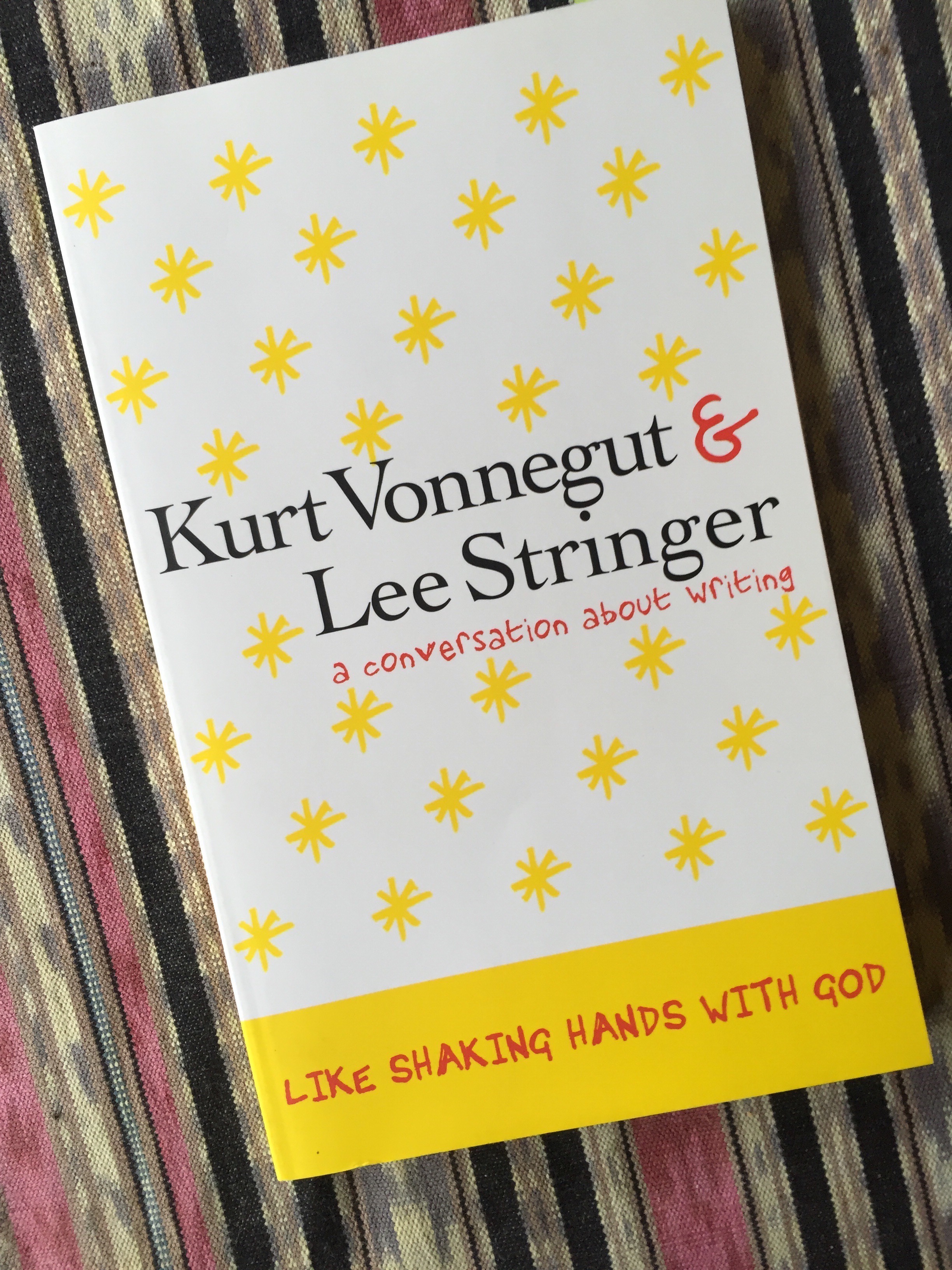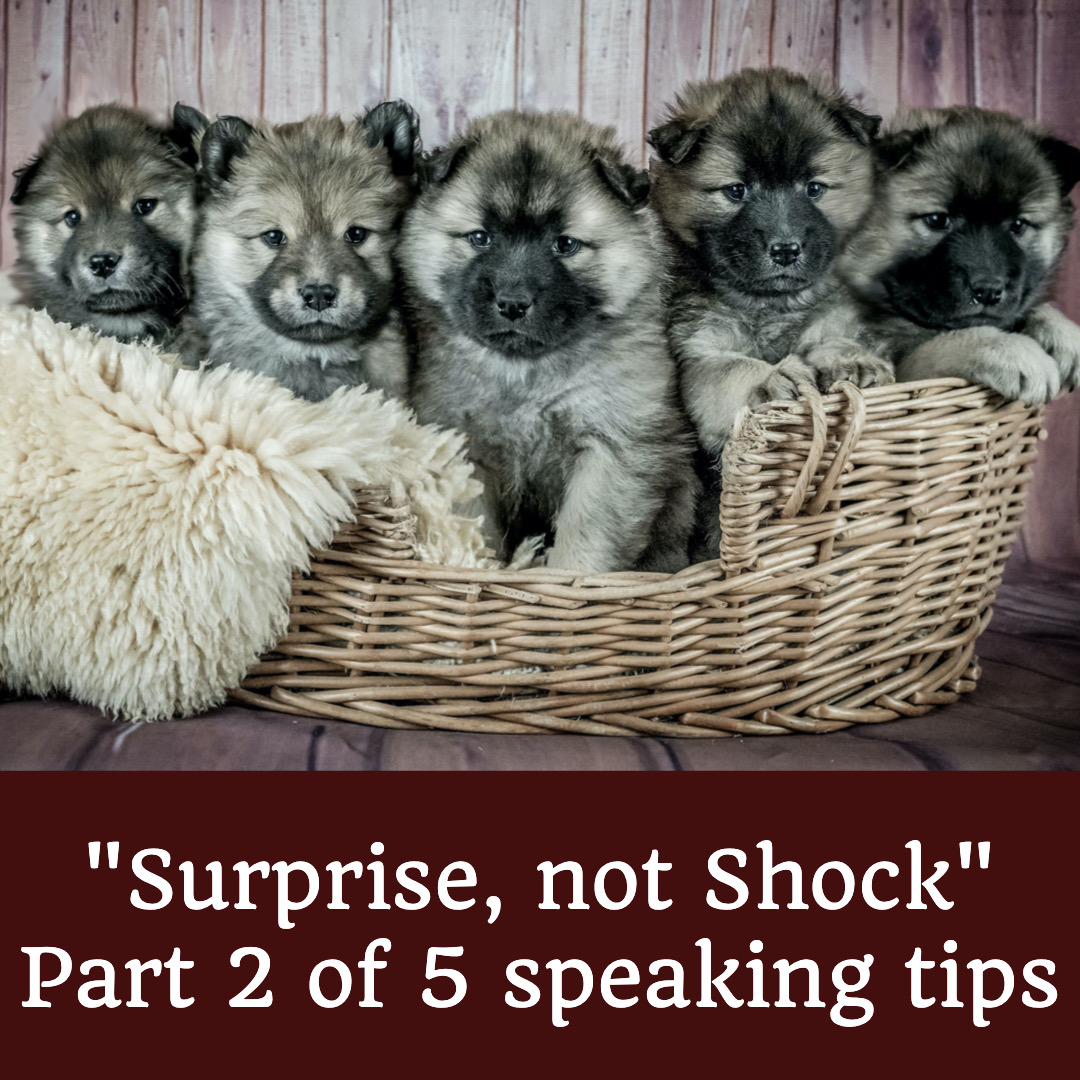 A review of “Like shaking hands with God”, Kurt Vonnegut and Lee Stringer – a conversation about writing¹
A review of “Like shaking hands with God”, Kurt Vonnegut and Lee Stringer – a conversation about writing¹
Preamble
Is writing a craft, a calling – a curse? According to Vonnegut and Stringer, more a conversation and a conviction. What kind of conversation and what kinds of convictions? That’s what the book is about.
Summary
This booklet (70 odd pages) contains the transcript of two public conversations between Vonnegut and Stringer moderated by Ross Klavan. The audience were in a bookstore in New York, 1998. In the course of their conversation we learn a great deal about the approach to writing by men from different sides of the tracks. Considerably different in age, cultural background and life experiences, their chemistry is palpable through the page. If you want writing inspiration, spend some time in their company.
Body of the Book
There is a lack of pretentiousness from the authors as they talk about writing, although Kurt does a little grandstanding. I suspect that’s his nature. Comes across in his writing – tough, hard-edged and economical. The writer as someone growing through writing is a thread. From page 29, “I have said about the practice of the arts that practising any art – be it painting, music, dance, literature, or whatever – is not a way to make money or become famous. It’s a way to make your soul grow. So you should do it anyway.”
About motivation in writing they point out that, “writing comes out of the questions… Trying to find an answer.… It’s not something I already know and I’m feeding down to them. I am making the trip with them.” (p54) That’s my best kind of reading experience – one where we’re sharing in what the author has learned and is learning. Hence it is a conversation, “someone said to me once, write what you want to write. But to me it’s a conversation: you have to be talking to somebody.” (p42)
In answer to the question, is writing a form of public speaking? Kurt answered: “Partly. It’s about how you hold an audience. Because they can leave.” (p60) These assertions give confidence to any aspiring writer. Can you hold a conversation? Then you can write. Can you speak? Then you can write.
Conclusion
The book highlights the significance of authenticity. The story must be yours. I find agreement with Lee’s observation about writing being a conversation with your audience.These are subtler and deeper waters of conversation-making, rather than shallow declarations of conviction.
Kurt seems to be less concerned about conversation, and more interested in writing about whatever captures his ire or excitement. He makes sense in emphasising that writing for its own sake is not the point. It must come from a place of conviction.
Both men are driven to write, based on experiences and events that spark their indignation or inspire their soul. “Like shaking hands with God” is a fascinating insight into the minds and motivations of two extraordinary writers. I recommend it to anyone interested in finding, maintaining or reigniting their writing fire.
Malcolm Cox
14 October 2016
¹ Seven Stories Press, 2010, New York


